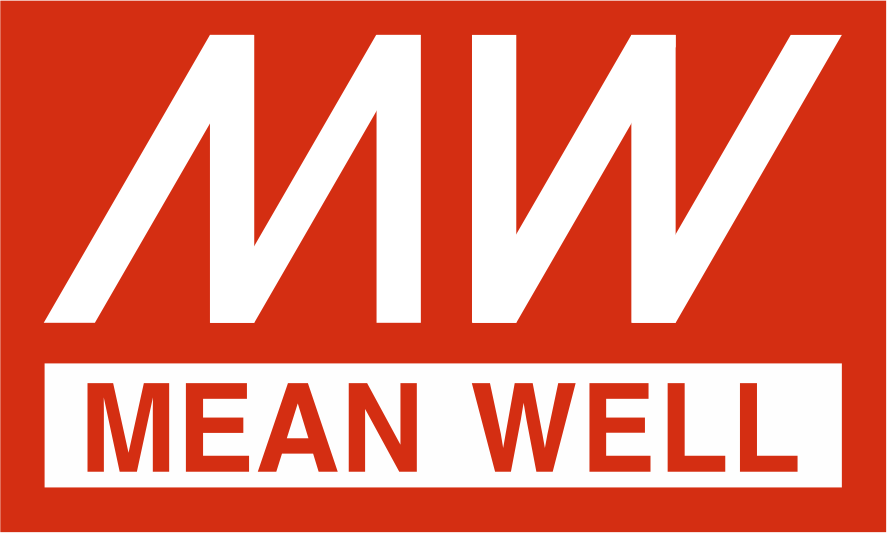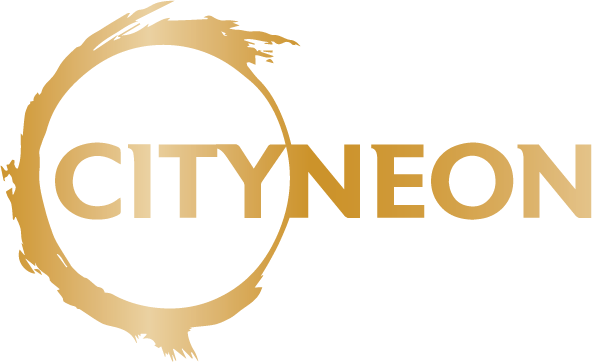Special Sessions
As part of the IFEEC 2019 technical programme, a limited number of high quality Special Sessions will offer insight into new or emerging topics of interest on electronic technologies for future energy applications. Special Sessions will be intermixed with regular sessions during the conference. The organizing committee welcomes special session papers. Special session papers have to be submitted through the IFEEC paper submission system (under the track 9 - Special Session Papers). Papers submitted to an accepted special session still have to undergo the same standard review process as all other papers submitted to IFEEC 2019. If accepted, the papers will be eligible for publication in IEEE Xplore. The paper format is identical to the one of all other papers (see Instructions for authors). It is expected that at least one of the organizers of an accepted Special Session attends the conference. As such, he/she will be required to register to the conference as well as at least one author of each accepted paper will be required to present the paper and to register to the conference.
| Special Session | Outline / Topics |
| Special Session 9.1: Novel Approach and Techniques for Renewable Smart Energy Systems with Power Electronics Application | Rising demand-side resources are increasing steep narrow, sustained important in the successful market integration of renewable energy became the mandatory solution. The flexibility benefits arising from demandside management needed to balance the uncertainty and variability of renewable generation, i.e., Photovoltaic, Windmill and power from Biomass/Bioenergy for large-scale power generation. Electricity markets should be designed to support higher renewable penetration rates and periodic variation with the environment. To this end, the impacts associated with transportation electrification. The advent of prosumers and the expansion of distributed generation will propel the active role of the demand side in the market environment. Together with more stringent de-carbonization targets and higher grid integration of renewable entails several challenges for the electric energy sector towards a Smart Grid through power electronics technologies. In this Special session, we invite original and unpublished submissions on demand-side management and market design for demand-side support renewable integration. This special session aims to explore the new strategies for overcoming the technical challenges of grid integration of renewable energy systems, such as synchronization of interfaced converters with the power grid, operation, and control of different power converters in power systems, and stability analysis of power grid under large shares of renewable energies. Topics of this special session include, but are not limited to: |
| Special Session 9.2 Advancement in Technology of DC-DC Converters for Renewable Applications: Topologies, Modeling, Design and their Control | Renewable energy systems have become drastically proliferating in the past decades for climatic changes and green house effect release. Some of most emerging renewable energy systems consist of solar, wind energy, fuel-cell and power from bio-mass sources used together to provide increased system efficiency as well as greater balance in energy supply. It is anticipated that DC-DC power electronics converters plays a cardinal role to fulfill the load demand for the usage of renewable energy sources. DC micro grid energy distribution systems are likely to urge DC-DC power converter technology for renewable energy applications in terms of multilevel DC-DC converter, medium/high voltage DC-DC converter, high voltage gain, isolated, non-isolated, resonant, multiport, and inter-connected power converters. The main aim of this special session is to bring the ideas of the professional and research group into common platform, to present recent trends and latest development in DC-DC converter for renewable energy application in terms of design, modeling, power circuitry, control etc Topics of this special session include, but are not limited to: |
| Special Session 9.3 Gate Drive Circuit | Coming soon! |
| Special Session 9.4 Solid State Transformer: Design, Control and Applications | Coming soon! |
| Special Session 9.5 Power electronics for automotive applications | Coming soon! |
| Special Session 9.6 Emerging Technology Development in Motor Drives | In this special session, the emerging technology development in motor drives will be presented. It will be include but not limited, advanced control of motor drives, servo motor drives, sensorless motor drives, and motor drives with fault tolerant control. |
| Special Session 9.7 Emerging Technology Development in Power Converter | In this special session, the emerging technology development in power converters will be presented. It will be include but not limited, advanced control of power converters, applications of wide band gap device to power converters, control of power converter for renewable energy applications. |
Instructions for AuthorsPaper Submission System and Paper Submission System Guide Full Paper template links: Word format - A4, US Letter , or LaTeX Template Instructions and Template (ZIP). LateX Bibliography FilesWindows (ZIP)
All authors should obtain company and governmental clearance prior to submission of the Full Paper (digest). Full Papers (digest) willbe sent to multiple reviewers; therefore, “Confidential” and “Proprietary” information should be omitted. Please note that papers presented at IFEEC 2019 must be original material and not have been presented at previous conferences or previously published. Manuscripts not received by the deadline above may not be published in the Proceedings and will not be presented at the conference. Finished manuscripts should not exceed eight (8) pages. |
Important Deadlines
| July 31, 2019 | Deadline for submission of special session papers |
| August 30, 2019 | Notification of paper acceptance (special session papers) |
| September 15, 2019 | Final Manuscript Submission |
Accepted and presented manuscripts at the conference will be indexed in IEEE Xplore Digital Library only if an author of an accepted paper register for the conference and the paper must be presented by an author of that paper at the conference unless the Technical Program Co-Chairs grant permission for a substitute presenter.

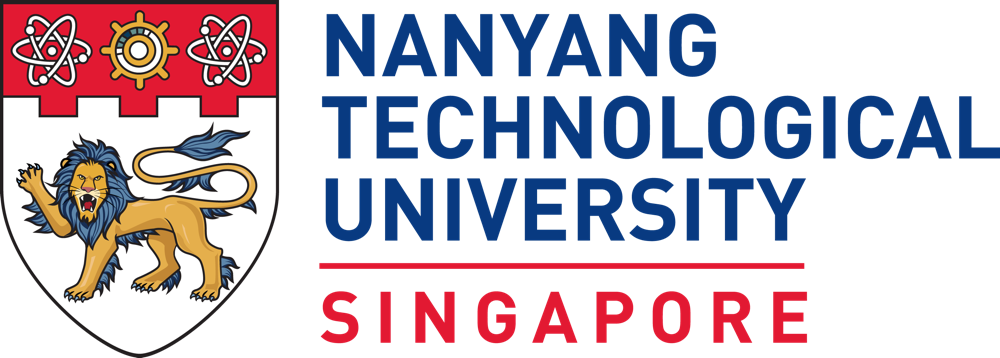
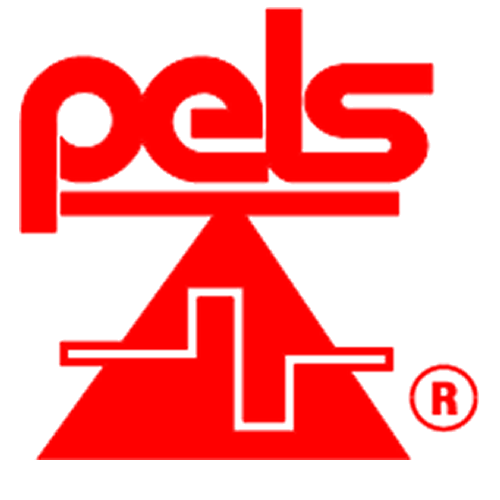
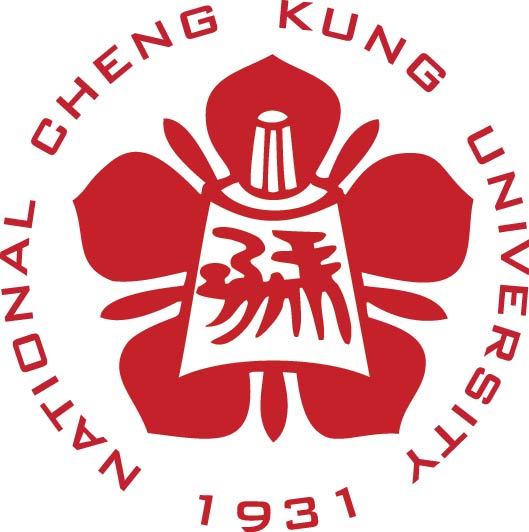
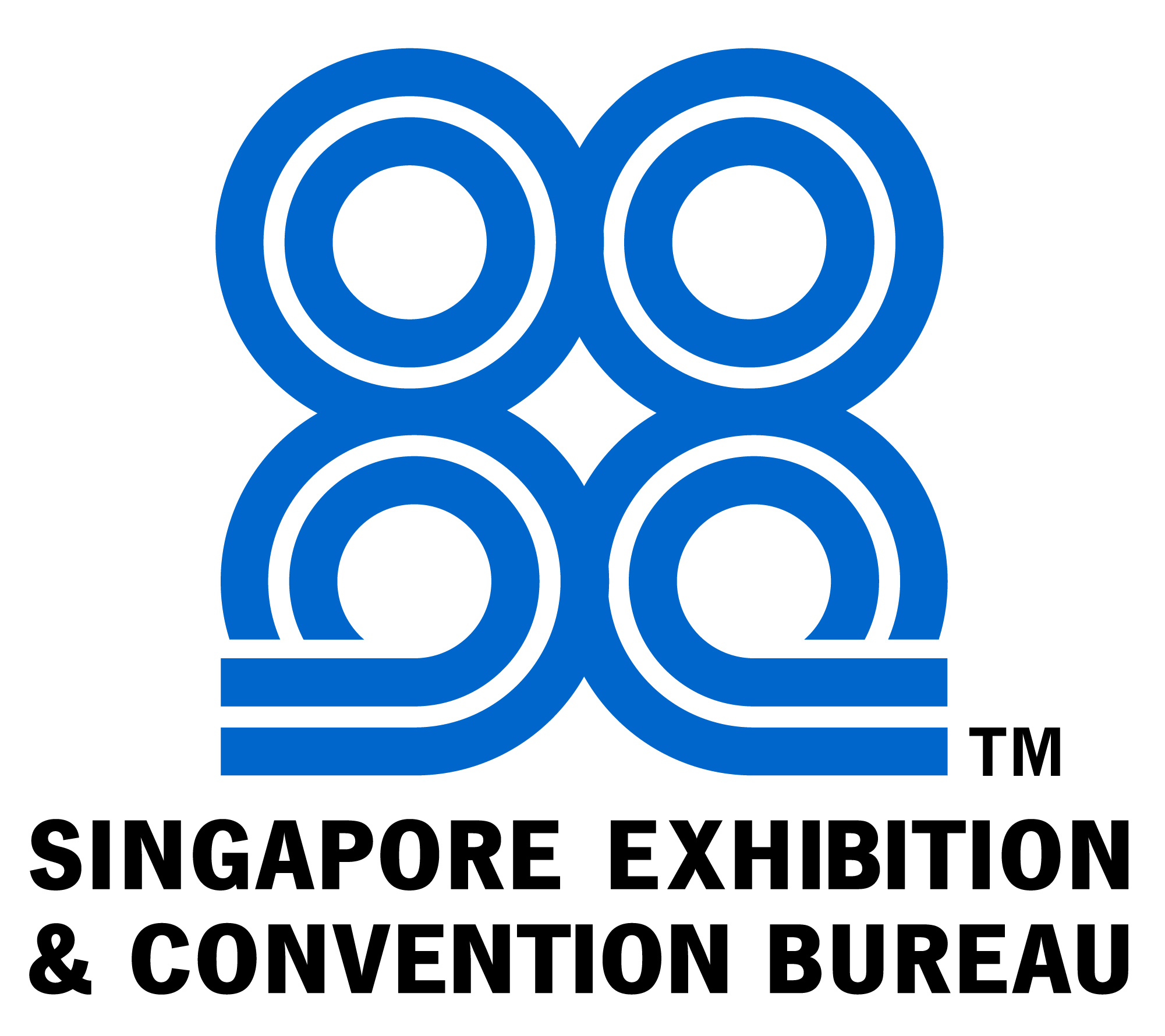

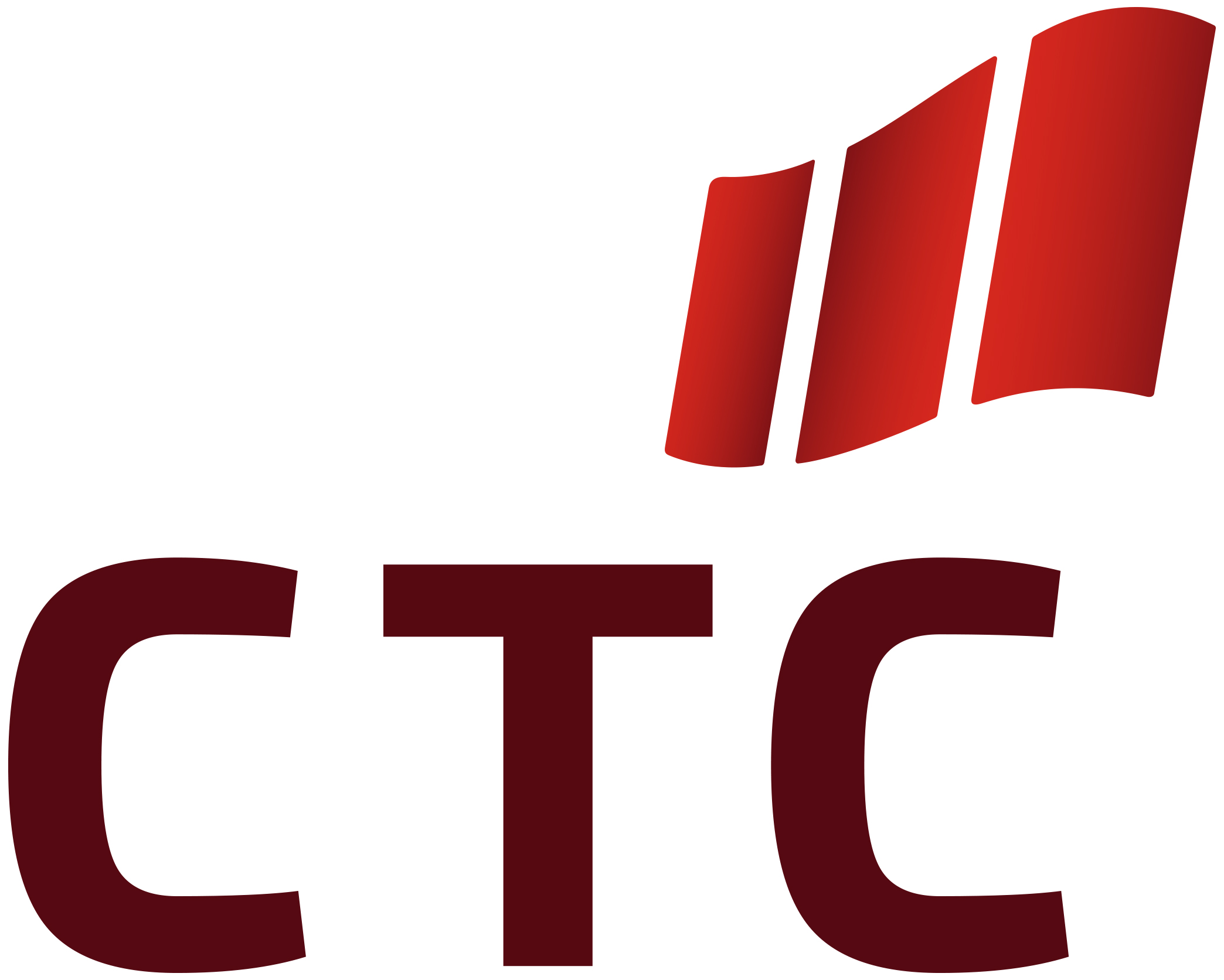

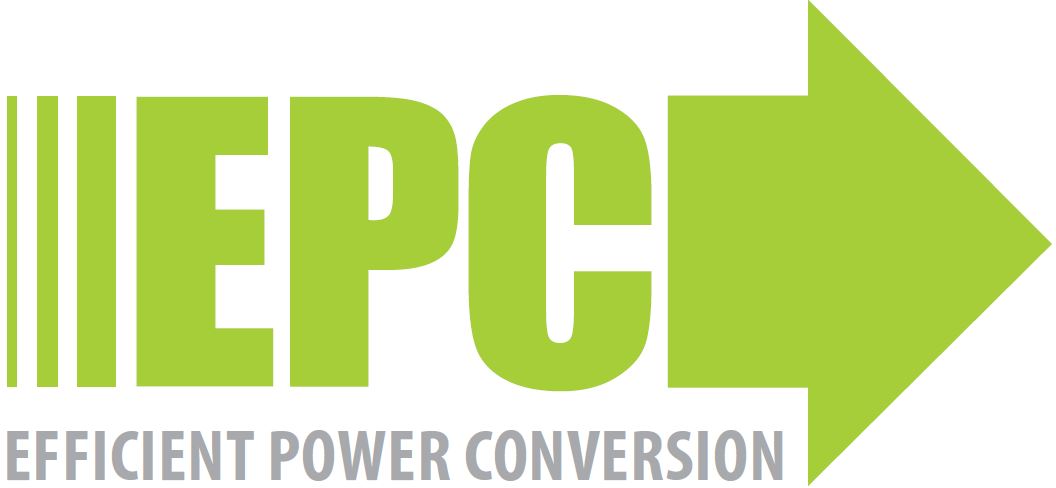


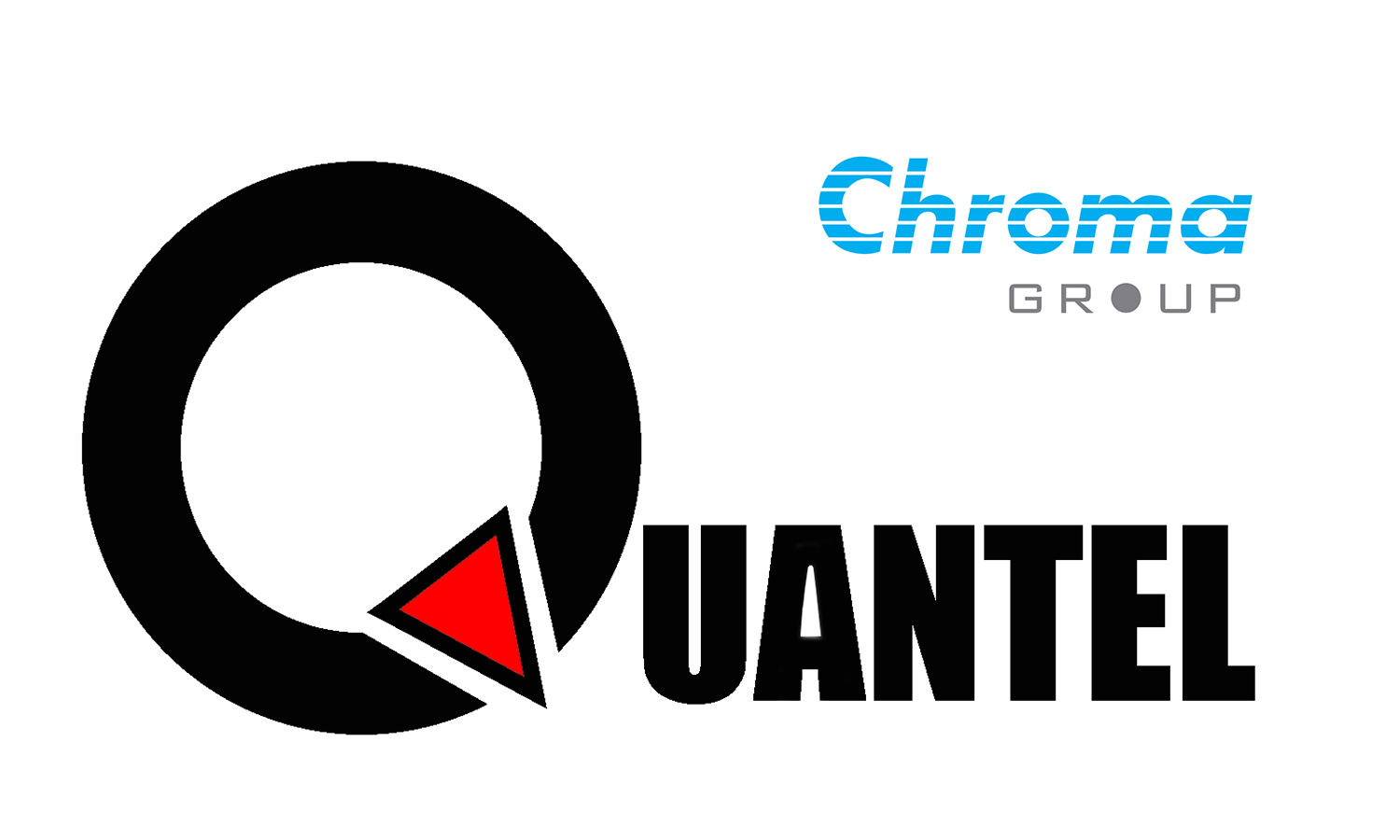




.jpg)
